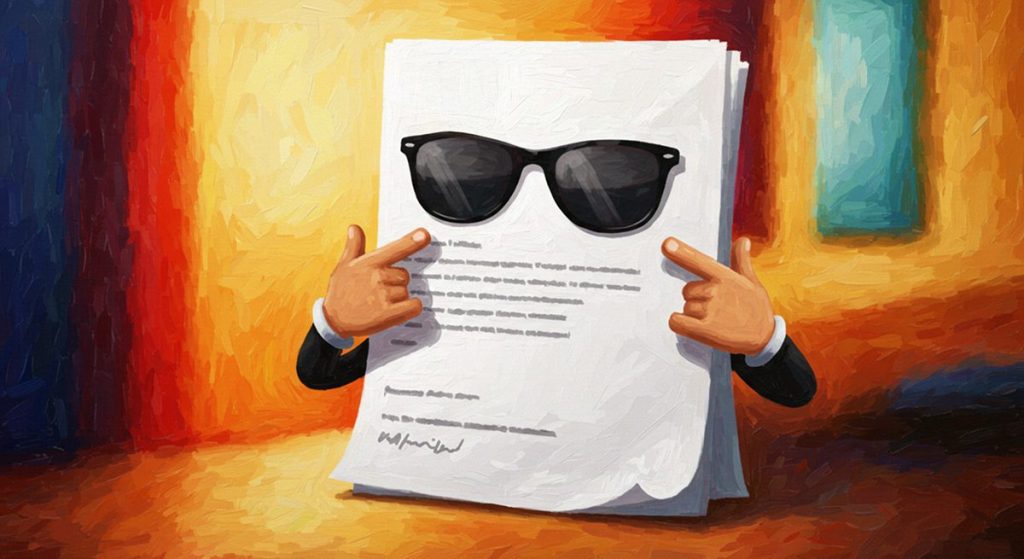Career GuidanceProfessional Growth
CEO vs. Managing Director – Understanding the Differences and Similarities
Confusing the roles of a managing director and CEO is fairly common as many people do not understand the difference between these roles. We take a closer look at the key differences and similarities of the roles here, as well as who is generally held accountable for what within an organization.
Both of these roles are responsible for the smooth functioning of an organization, and they achieve this through specific tasks assigned to each. However, we also need to remember that not every company has both a CEO and a managing director. Who takes care of the company’s daily operations? Who ensures that company goals are met? Is either of these the same as the company’s founder? Does it matter what directorial boards a company belongs to? What happens when both of these roles do not exist in the same company? We endeavor to answer some of these burning questions below.

Is a managing director higher in the hierarchy than a CEO?
The answer to this question really depends on the company. Some businesses do not have a managing director and a CEO, rather opting for only one of the two positions. When both positions do exist in a company, the CEO position usually outranks the managing director. But this is not always the case. In many cases, the founder of the company takes the role of the managing director, who is responsible for the overall management of different divisions within the business.
To understand further we need to take a closer look at the responsibilities of a CEO vs managing director.
The role of a Chief Executive Officer (CEO)
The Chief Executive Officer (CEO) in a company is responsible for the financial operations and strategic direction that the business takes. They tend not to be deeply involved with day-to-day operations but provide a liaison between the company and the board of directors.
The responsibilities of a CEO may vary depending on the structure and size of a company. But they generally include the following:
- The CEO maintains communication between the company in general, the managing director, and the board of directors.
- As the highest ranking executive, they are accountable for the overall success of a company, and this involves a number of tasks, including maximizing the share price.
- A CEO works closely with the senior executive team in all areas of business operations, such as HR, operations, risk management, marketing, and finance.
- The CEO represents the business in industry groups, governing boards or associations, and the media.
- The CEO is directly responsible for safeguarding the company values and the company culture.
- The CEO also oversees the business strategy, mission, and strategic vision of the company.
- In some cases, a CEO will also manage other executives and department heads.
The role of a managing director
On the other hand, daily operations of a company are usually the responsibility of a managing director. The managing director works with different parts of the company to ensure that strategic direction is kept and objectives are achieved.
The daily duties of a managing director can include the following:
- A managing director manages company affairs, except for most administrative tasks.
- They work closely with the CEO.
- A managing director takes on the responsibility of mentoring other managers throughout the business.
- They provide reports and business plans to the CEO and other executives.
- A managing director also needs to see to customer retention, so they often create and implement plans and practices related to retention strategies.
- Managing directors manage the resource distribution within business practices, which includes financial resources and manpower.

Similarities between a CEO and managing director
While the differences between a managing director and a CEO are becoming clearer, there are various things that they have in common. It can be helpful to also explore these for a more complete picture.
One of the biggest similarities between a CEO vs. managing director is that salaries tend to be similar. However, taking on such a job for the money is not the best idea. It is an extremely difficult level of work to complete and takes a certain kind of dedication and drive to do well. Doing either job poorly will have serious consequences for an entire company and will impact the lives of many people who work for the company.
In some companies, a CEO and managing director may be the same person, as not all companies will have both roles. Some of the skills that these roles share may be:
- Strategic thinking and analytical skills.
- Conflict resolution and communication skills.
- Management and leadership skills.
For someone to truly be successful in these roles, they will likely need an open mind and the interest and capacity to learn the required skills.
CEO vs. managing director — which am I suited for?
When embarking on a professional career, many will endeavor to someday reach the top tier. Throughout such a career, you might play several roles within an organization and as you climb the corporate ladder you may begin to wonder what kind of executive role you are best suited to.
A good place to begin when evaluating your own skillset and deciding where you belong in the executive team, is to list your skills, strengths, and weaknesses.
In the broadest sense, visionaries and people who enjoy strategy make a better CEO, whereas people who like business operations and implementing strategy do better as a managing director. While this forms the foundation, there will be a long list of skills that you build throughout your career to prepare you for executive leadership. This is the kind of experience that you can only learn from filling different roles in various organizations throughout your career.
Furthermore, no matter what industry you are in, having a Masters in Business Administration adds strong foundational strength to the success of an executive management role like CEO or managing director. This also opens doors to other roles like Chief Operating Officer or Vice President.

Frequently Asked Questions
Does a Chief Executive Officer or a Managing Director rank higher in an organization?
This might depend on the company, but generally speaking, a CEO usually ranks higher than managing directors.
Do I need experience in project management or human resources to become a managing director or CEO?
There is no set list of experiences that you might need to take on the role of a CEO or MD. It would depend on the duties assigned to the role by a specific company. Any kind of experience that you gain throughout your career can be beneficial to developing a CV suited to a CEO or managing director role.
Does a CEO report directly to the board of directors?
Yes, a CEO usually reports to the board of directors and works closely with them in developing company interests.
Are managing directors part of the board of directors?
No, a managing director is usually not a member of the board of directors and often reports to the CEO who works right under the board of directors.
Who takes care of day-to-day business?
Neither of these roles is directly involved with a company’s day-to-day operations. This is usually taken care of by lower-level management. However, these lower-level managers work closely with the managing director.
Workplace incident reports form part of health and safety fundamentals in a










